Russia Strengthens Influence in West Africa by Deploying Experts to Equatorial Guinea
Russia has sent 200 military instructors to Equatorial Guinea to bolster the security of President Obiang and his dynasty, reflecting an increase in Russian influence in West Africa. The instructors have commenced training local security personnel, with implications for foreign investments in the country. The initiative aims to ensure the safety of the president’s son, amid his involvement in international corruption investigations.
Russia has deployed 200 military instructors to Equatorial Guinea with the purpose of enhancing the security of President Teodoro Obiang Nguema Mbasogo and his ruling dynasty. This action signifies a notable escalation in Russia’s influence within West Africa. Reports indicate that these instructors have already begun training local security forces in the nation’s two principal cities, which are vital to its status as a significant oil producer. Following this development, several American companies that had previously committed investments in Equatorial Guinea have reconsidered their business strategies. The presence of Russian military personnel is viewed as a reinforcement of the regime that has been in power since 1979. In this context, President Obiang is preparing his son, a multimillionaire and the current vice president of Equatorial Guinea, to succeed him. The Russian instructors are expected to ensure the safety of the president’s son, who has been implicated in investigations regarding embezzlement and money laundering on an international scale. In a gesture of gratitude, President Obiang visited Moscow in September, where he acknowledged Russian President Vladimir Putin for sending military instructors to bolster the defense of Equatorial Guinea.
The recent deployment of Russian military instructors to Equatorial Guinea comes amidst increasing geopolitical tensions and shifting alliances. As Russia seeks to expand its influence in Africa, this strategic move underscores the importance of the region’s natural resources, particularly oil. With Equatorial Guinea being one of Africa’s largest oil exporters, the stability of its ruling elite remains pivotal for foreign investments. The long-standing rule of President Teodoro Obiang has been characterized by allegations of corruption and human rights abuses, thus emphasizing the need for external partners like Russia to ensure regime stability.
The deployment of Russian military instructors in Equatorial Guinea highlights a significant shift in the balance of influence within West Africa. This development not only cements Russia’s presence in a key oil-exporting nation but also protects the interests of the Obiang regime amid ongoing allegations of corruption. The strategic implications of this partnership could affect future foreign investments in the region and the broader dynamics of international relations in West Africa.
Original Source: 112.ua
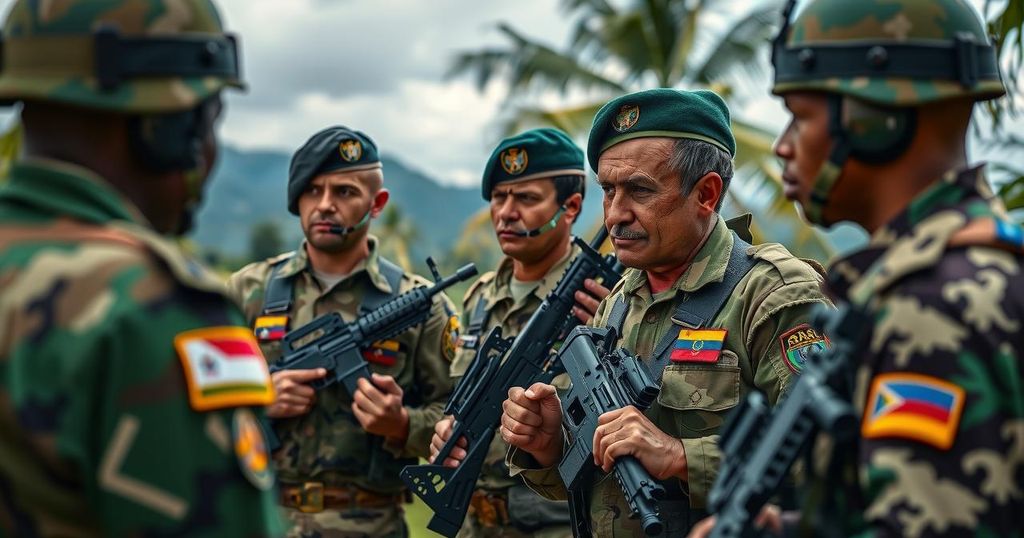
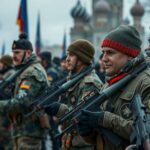

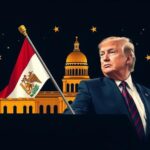
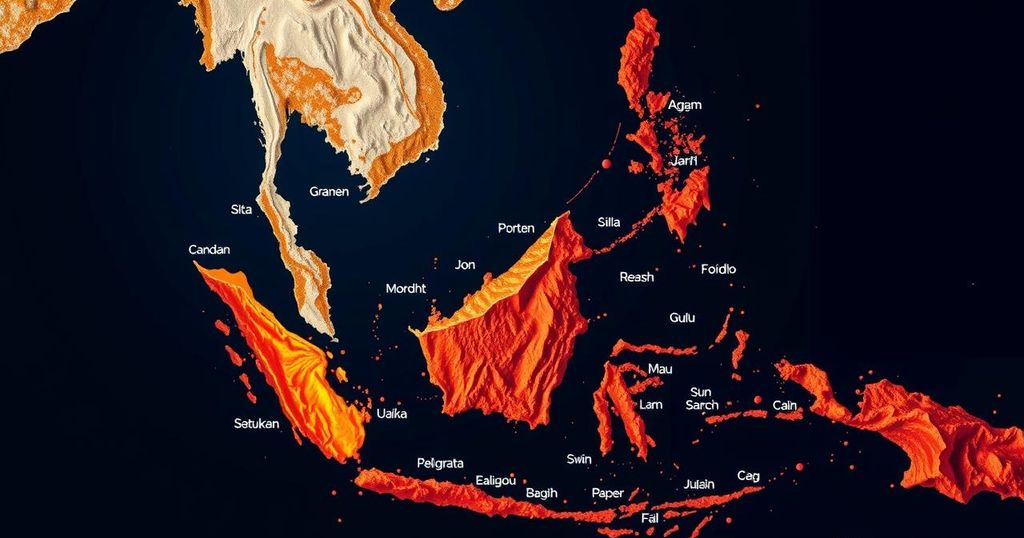
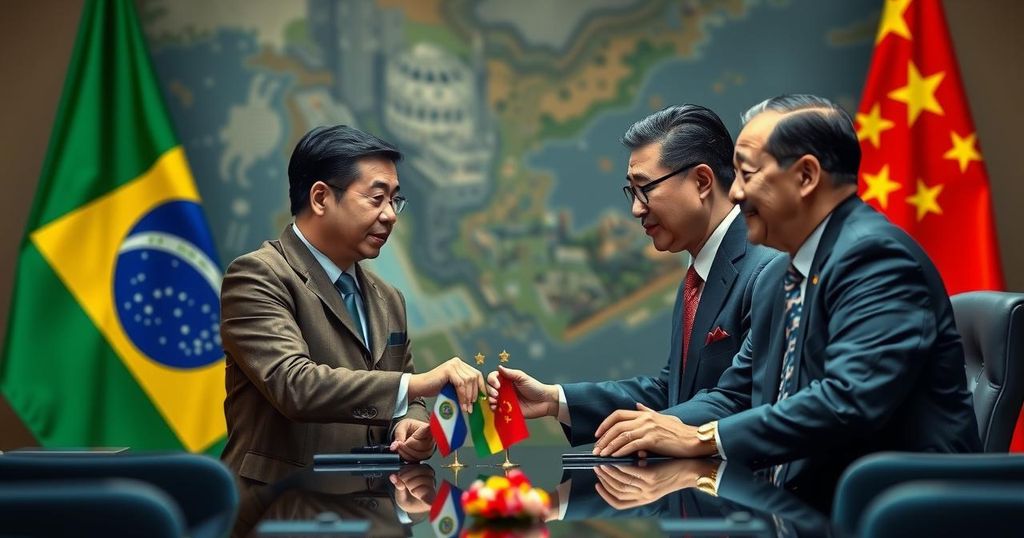
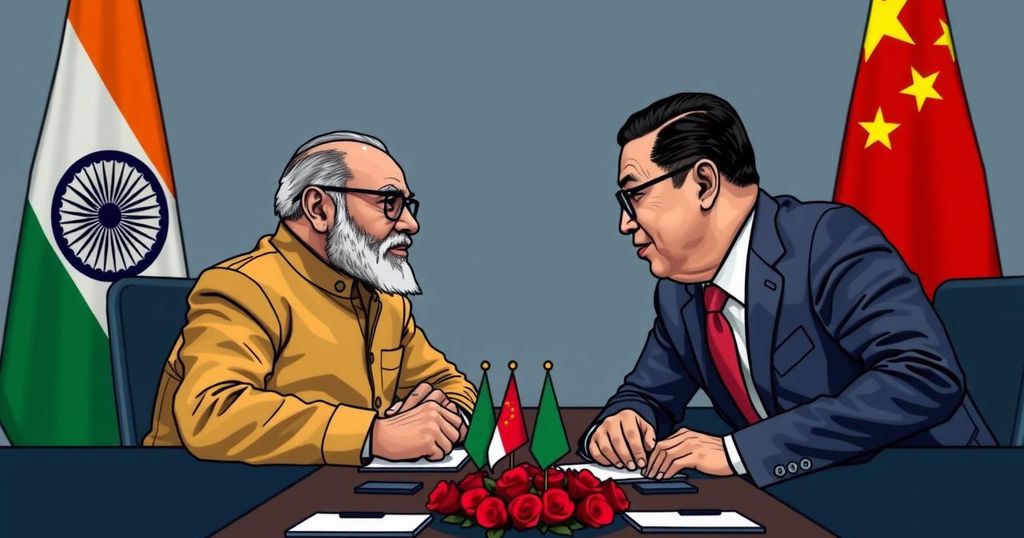
Post Comment